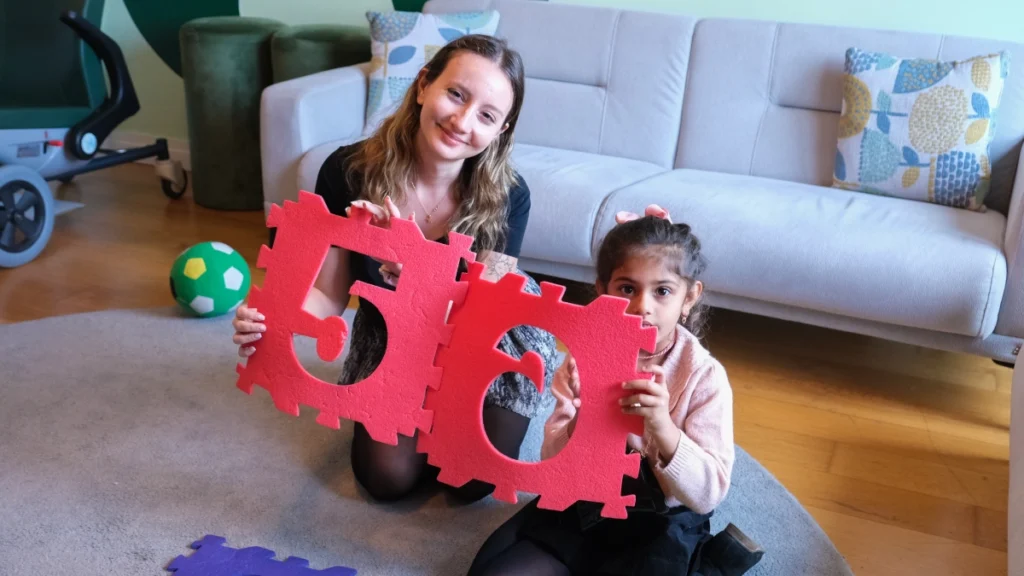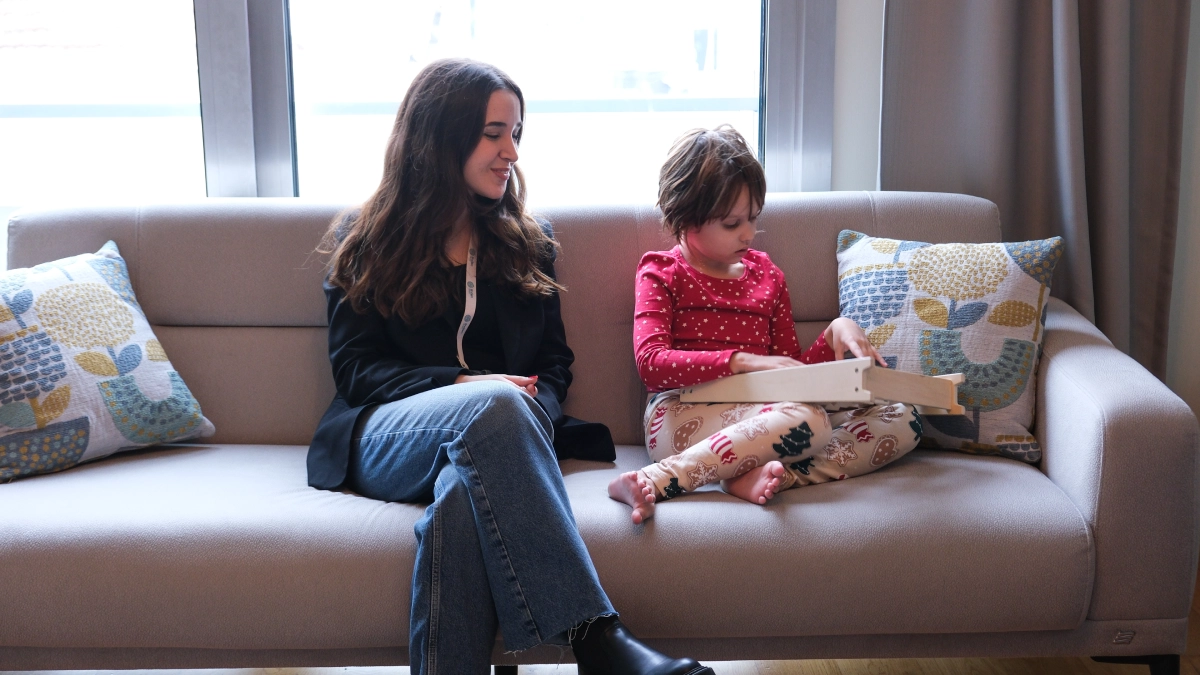For families navigating the complexities of autism, the search for effective treatments often leads to the exploration of alternative therapies. This article highlights 10 alternative therapies, offering insights into their potential benefits and challenges. Among these therapies, stem cell therapy has garnered significant attention for its promising results, but we also dive into other innovative and complementary approaches.
Table of Contents
Alternative Therapies for Autism
1. Stem Cell Therapy for Autism
What Is Stem Cell Therapy?
Stem cell therapy involves using stem cells to repair and regenerate damaged tissues in the body. For autism, this innovative approach aims to reduce neuroinflammation, enhance neural connectivity, and support brain function. While not a cure, it offers promising possibilities for symptom management.
Stem Cell Therapy for Autism Reviews
Families share diverse experiences, with some noting significant improvements in communication and behavior. Personalized treatment plans and managing expectations are key.
Research and Success Rates
Studies indicate a success rate of 60-80% in measurable symptom reduction for eligible participants, although outcomes vary based on individual factors.
2. Nutritional Interventions
Tailored diets and supplements can address potential deficiencies in individuals with autism. Popular approaches include gluten-free and casein-free diets, omega-3 supplementation, and probiotics. These interventions may support gut health and reduce behavioral challenges.
3. Music Therapy
Music therapy leverages rhythm and melody to improve emotional expression, communication, and social interaction. It is particularly effective in fostering engagement and reducing anxiety.
4. Animal-Assisted Therapy
Interacting with therapy animals, such as dogs or horses, can enhance social skills, build confidence, and reduce stress. Equine therapy (horse-assisted therapy) is especially noted for its calming effects.

5. Sensory Integration Therapy
Designed to help children manage sensory sensitivities, this therapy uses activities to improve sensory processing and daily functioning. It can lead to better focus, self-regulation, and reduced sensory overload.
6. Applied Behavior Analysis (ABA)
ABA focuses on teaching life skills and reducing challenging behaviors through positive reinforcement. It is one of the most evidence-based therapies for autism and is widely practiced.
7. Play Therapy
Play therapy uses structured play sessions to help children express emotions, develop social skills, and improve communication. It creates a safe, engaging environment for children to explore their feelings.
8. Art Therapy
Art therapy encourages creativity and self-expression, providing an outlet for emotions and helping to improve fine motor skills. It’s a calming activity that can foster communication in non-verbal children.
9. Yoga and Mindfulness Practices
Yoga and mindfulness exercises promote relaxation, focus, and emotional regulation. These practices can reduce anxiety and improve overall well-being in children with autism.
10. Occupational Therapy (OT)
OT helps individuals with autism develop the skills needed for daily activities, such as dressing, eating, and handwriting. It focuses on improving independence and quality of life.
Conclusion: A Holistic Path to Autism Support
Exploring alternative therapies offers families a holistic approach to autism care. Each therapy presents unique benefits, and combining multiple approaches can create a comprehensive support plan tailored to a child’s needs. At Linden Health, we are committed to providing evidence-based care and guiding families through innovative therapies like stem cell therapy. Consult with medical professionals to determine the best options for your family’s journey.
Q&A
What are the main benefits of alternative therapies for autism?
Benefits vary but may include improved communication, emotional regulation, and overall quality of life.
How do I choose the best therapy for my child?
Consider your child’s unique needs, consult with experts, and research evidence-based approaches. At Linden Health, we are here to guide you.
